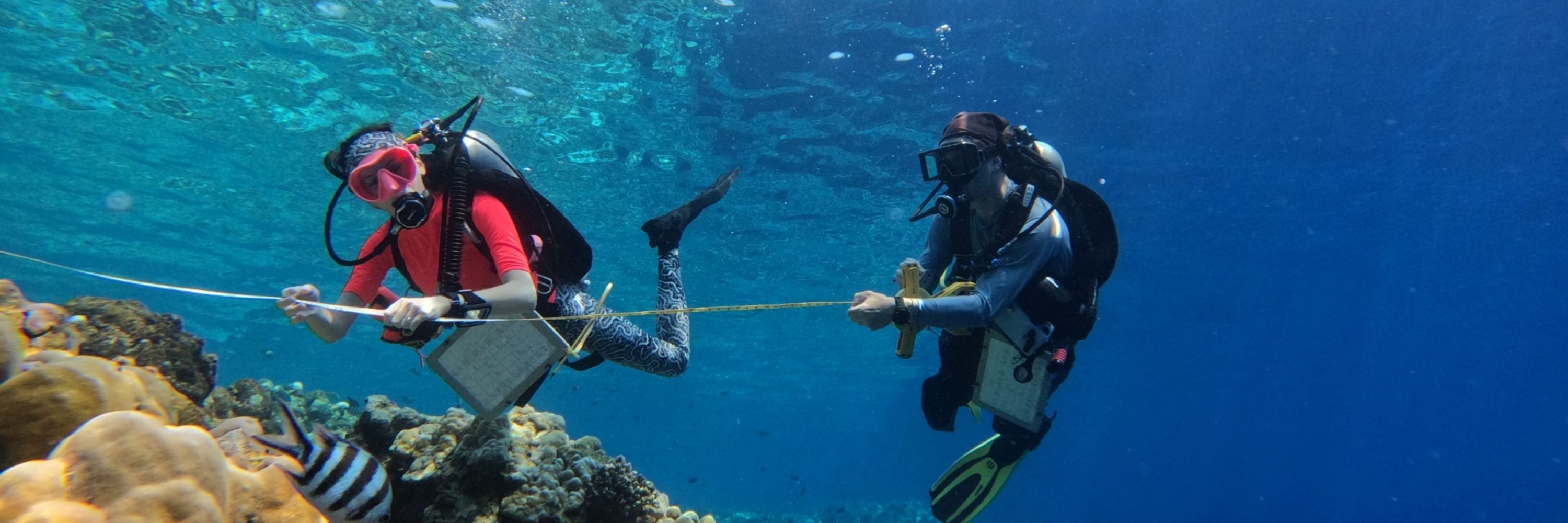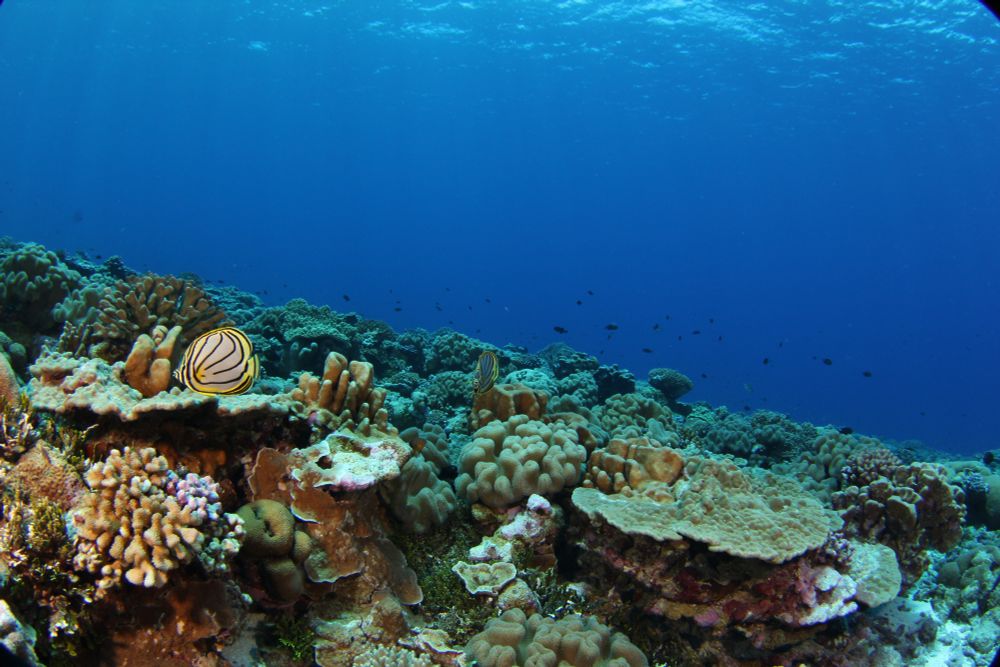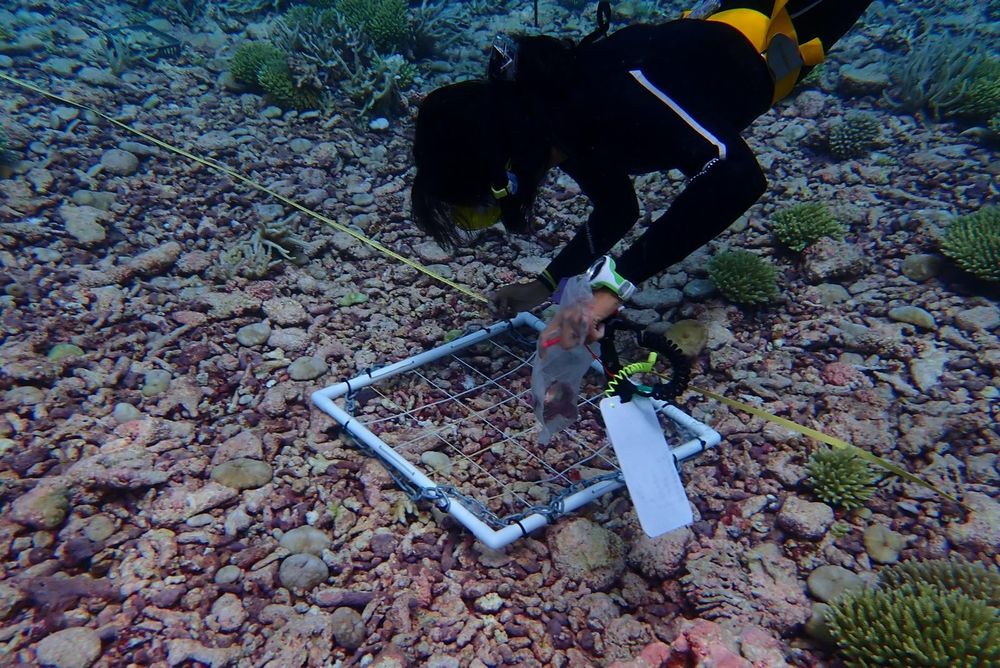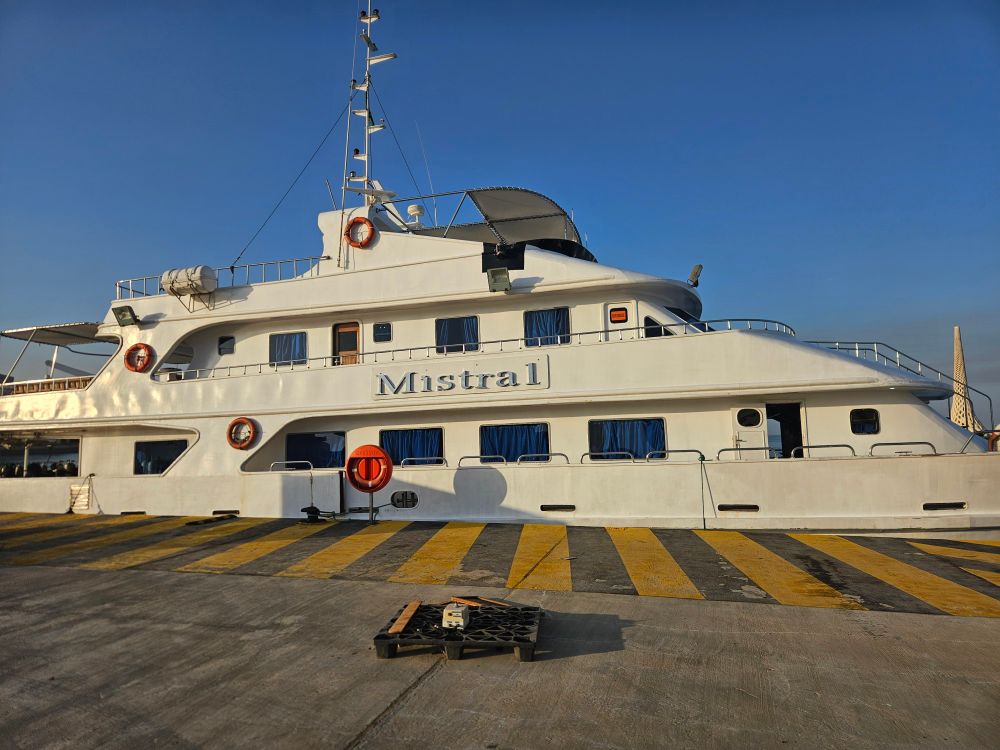Danielle Spring
@daniellelspring.bsky.social
98 followers
170 following
7 posts
PhD Candidate at Bangor University & KAUST exploring the effects of upwelling on coral reef benthic communities 🪸🌊
Posts
Media
Videos
Starter Packs
Reposted by Danielle Spring
Reposted by Danielle Spring
Javier González
@reefjav.bsky.social
· Jan 13
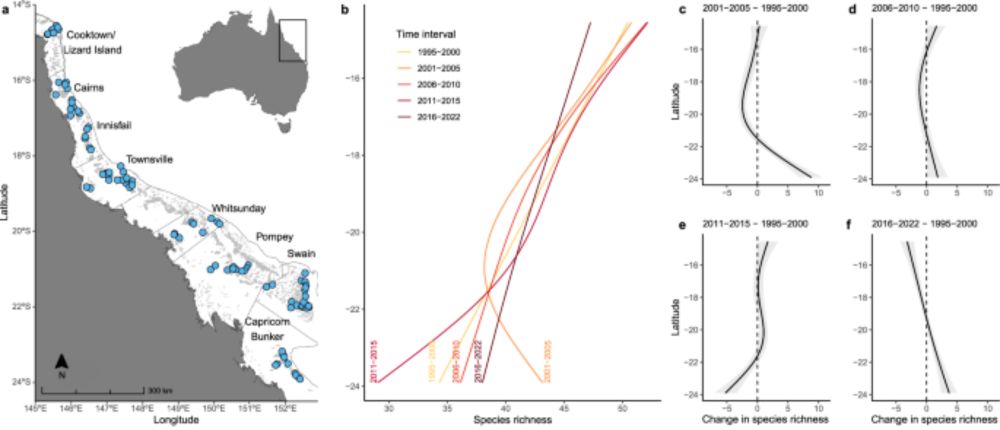
Emergent patterns of reef fish diversity correlate with coral assemblage shifts along the Great Barrier Reef - Nature Communications
Coral reefs have been severely affected by anthropogenic stress. Using long term data from the Great Barrier Reef, this study found temporal changes in the latitudinal diversity gradient, and stronger...
www.nature.com
Reposted by Danielle Spring
Wally Rich
@reefwally.bsky.social
· Dec 28

Widespread inconsistency in logger deployment methods in coral reef studies may bias perceptions of thermal regimes
Ocean warming is the greatest threat to coral reefs, prompting a need to accurately monitor in situ temperatures. Advancements in sensing technologies have led to a proliferation of temperature logger...
journals.plos.org
Reposted by Danielle Spring
Reposted by Danielle Spring
Reposted by Danielle Spring
Reposted by Danielle Spring
Reposted by Danielle Spring
